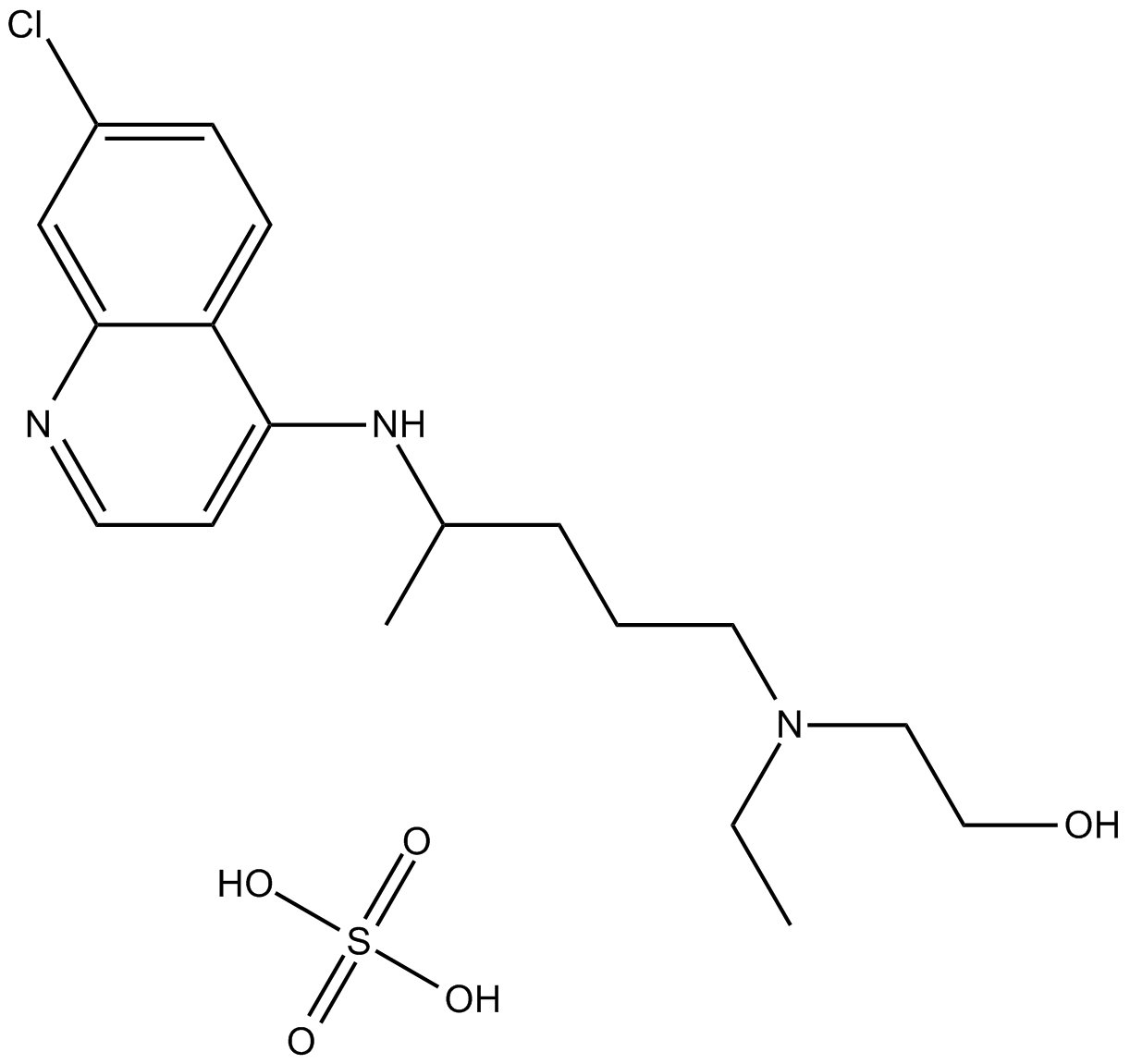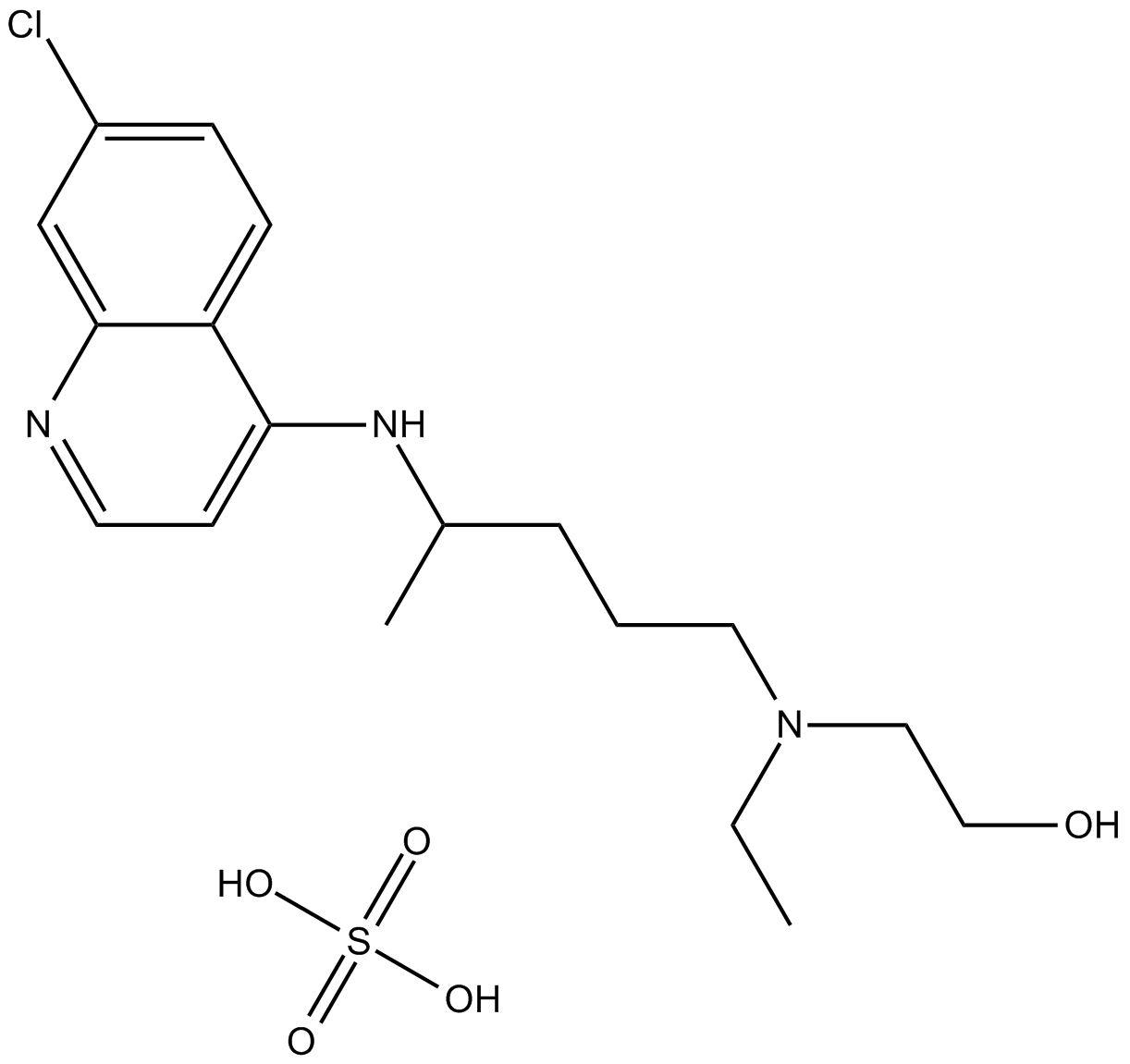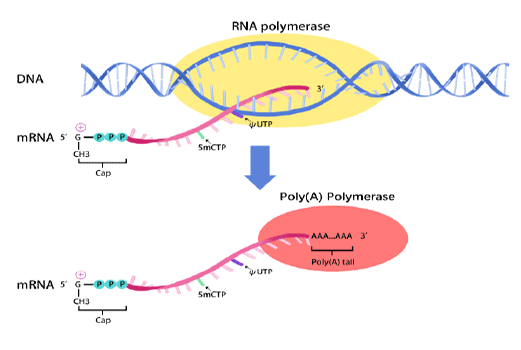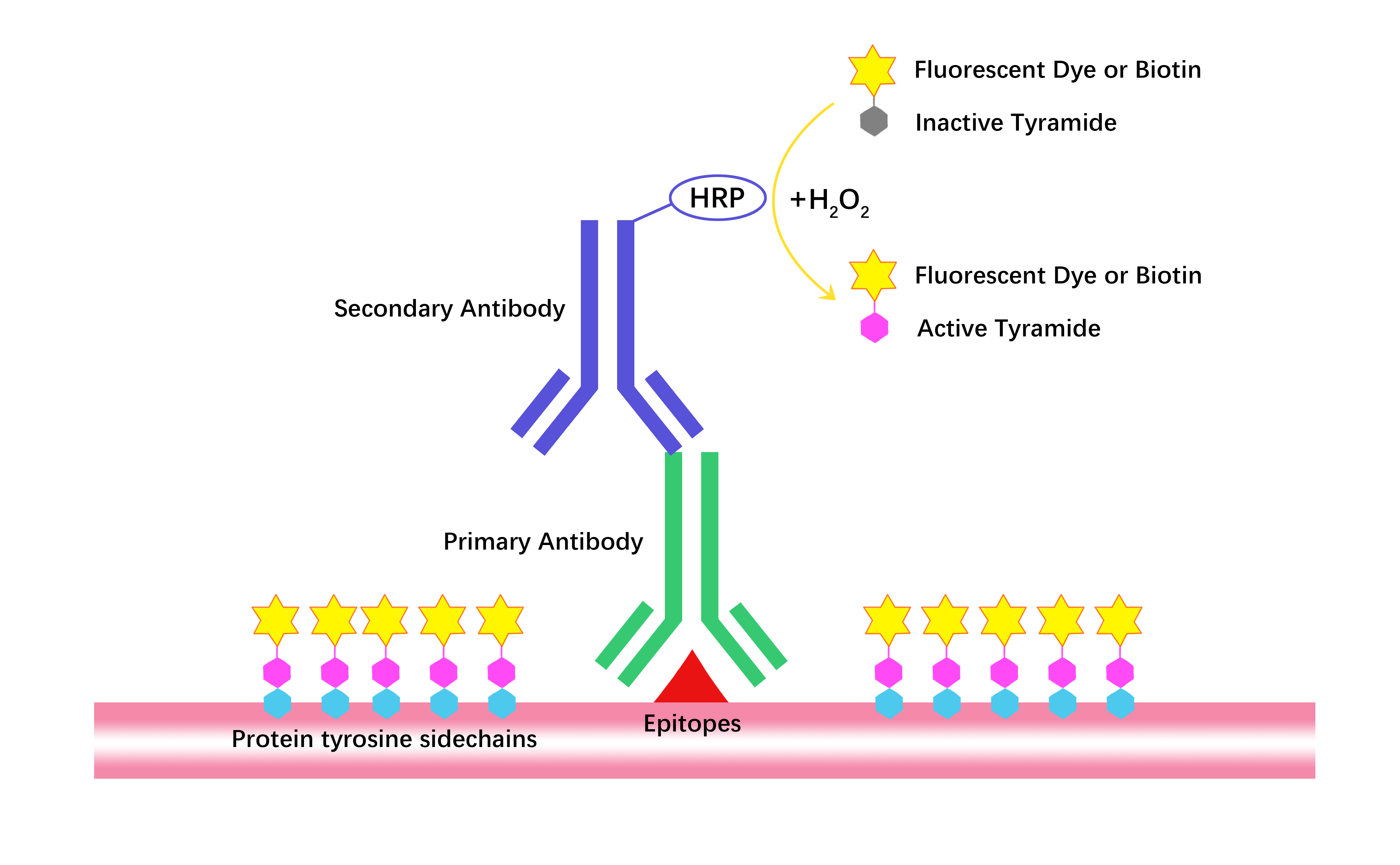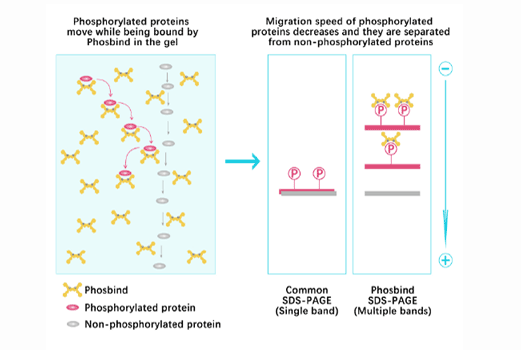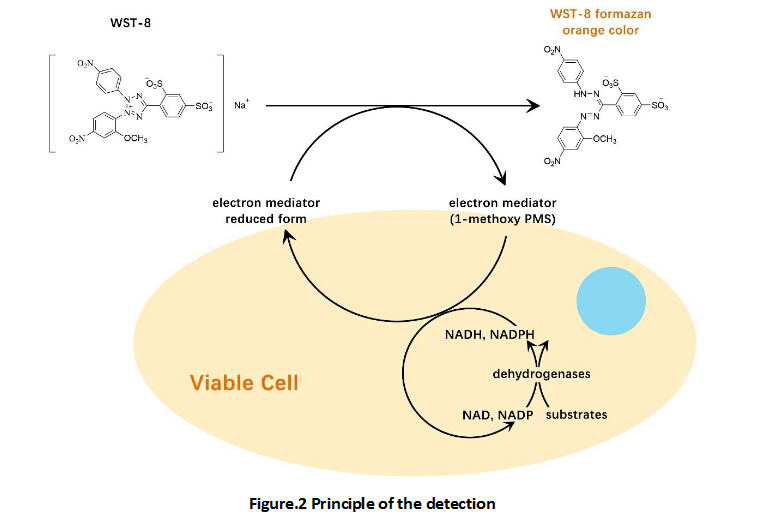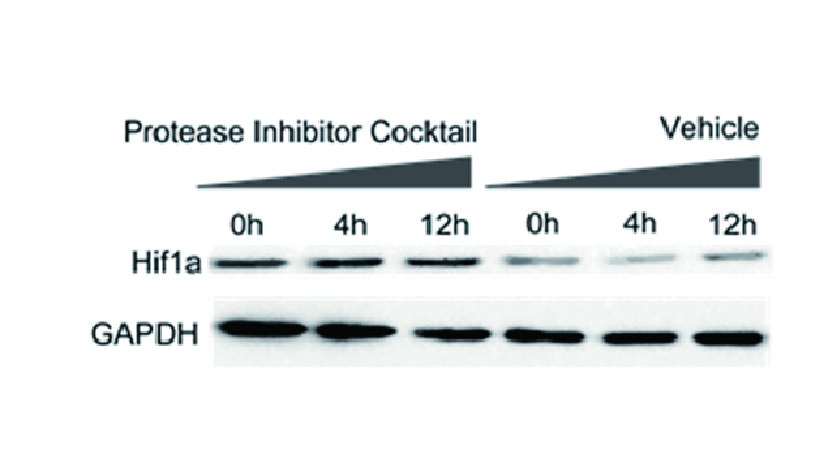Hydroxychloroquine Sulfate
Hydroxychloroquine Sulfate (CAS 747-36-4) is a synthetic quinoline derivative widely employed in biomedical research due to its immunomodulatory activities. As an inhibitor of autophagy and toll-like receptors 7 and 9 (TLR7/9), it disrupts intracellular signaling pathways activated by nucleic acid ligands, thus modulating dysregulated immune responses. At a concentration of 5 μM, hydroxychloroquine sulfate blocks ligand-induced TLR7/9 activation without altering cellular pH levels. It is commonly used in research contexts for studying autoimmune pathologies such as systemic lupus erythematosus and rheumatoid arthritis.
- 1. Wenxiu He, Jiahe Wei, et al. "Semaglutide ameliorates pressure overload-induced cardiac hypertrophy by improving cardiac mitophagy to suppress the activation of NLRP3 inflammasome." Sci Rep. 2024 May 23;14(1):11824. PMID: 38782946
- 2. Xiaofei Zhang, Tiebo Mao, et al. "Synergistic blocking of RAS downstream signaling and epigenetic pathway in KRAS mutant pancreatic cancer." Aging (Albany NY). 2022 Apr 25;14(8):3597-3606. PMID: 35468095
- 3. Renjie Dou, Jinjun Qian, et al. "Suppression of steroid 5α-reductase type I promotes cellular apoptosis and autophagy via PI3K/Akt/mTOR pathway in multiple myeloma." Cell Death Dis. 2021 Feb 24;12(2):206. PMID: 33627630
- 4. Zhuo Sun, Yidan Cao, et al. "Antiangiogenic effect of arsenic trioxide in HUVECs by FoxO3a‐regulated autophagy." J Biochem Mol Toxicol. 2021 Feb 16;e22728. PMID: 33592126
| Storage | Store at -20°C |
| M.Wt | 433.95 |
| Cas No. | 747-36-4 |
| Formula | C18H28ClN3O5S |
| Solubility | insoluble in DMSO; insoluble in EtOH; ≥17.6 mg/mL in H2O |
| Chemical Name | 2-[4-[(7-chloroquinolin-4-yl)amino]pentyl-ethylamino]ethanol; sulfuric acid |
| SDF | Download SDF |
| Canonical SMILES | CCN(CCCC(C)Nc1ccnc2c1ccc(Cl)c2)CCO.OS(O)(=O)=O |
| Shipping Condition | Small Molecules with Blue Ice, Modified Nucleotides with Dry Ice. |
| General tips | We do not recommend long-term storage for the solution, please use it up soon. |
| Cell experiment:[1] | |
|
Cell lines |
Human renal cell cancer (RCC) cell lines, ACHN, Caki-1 and 769-P |
|
Reaction Conditions |
0 ~ 125 μM hydroxychloroquine for 48 h incubation |
|
Applications |
Hydroxychloroquine treatment inhibited growth of all three lines in a dose dependent manner. At the highest concentration of hydroxychloroquine, cell growth inhibition was similar between all three lines, ranging between 43 and 56%. |
| Animal experiment:[2] | |
|
Animal models |
MRL/lpr mice |
|
Dosage form |
60 mg/kg Administered orally five times a week |
|
Applications |
Hydroxychloroquine was used as a control, exhibiting no impact on anti-dsDNA antibodies, whereas cytoxan caused a statistically significant suppression in anti-nuclear antibody titers. Hydroxychloroquine, as an inhibitor of toll-like receptor 7/9 (TLR7/9), could be a useful tool to study the mechanism and efficacy of other TLR7/9 inhibitors in vivo. |
|
Note |
The technical data provided above is for reference only. |
|
References: 1. Lee HO, Mustafa A, Hudes GR, et al. Hydroxychloroquine destabilizes phospho-S6 in human renal carcinoma cells. PLoS One, 2015, 10(7): e0131464. 2. Lamphier M, Zheng W, Latz E, et al. Novel small molecule inhibitors of TLR7 and TLR9: mechanism of action and efficacy in vivo. Molecular Pharmacology, 2014, 85(3): 429-440. |
|
Quality Control & MSDS
- View current batch:
Chemical structure
